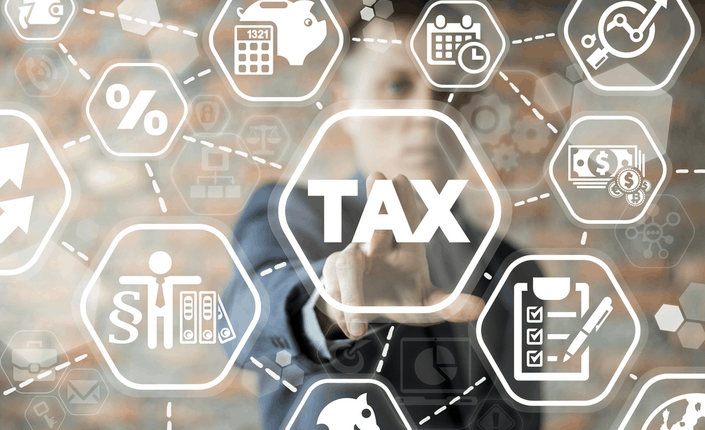
It is becoming harder for the hotels in Zacatecas to survive the competition with services like Airbnb that are monopolizing tourism in the short-term accommodation sector.
Raúl Muñoz del Cojo, President of the Association of Hotels and Motels says:
"It is not about fighting to ban electronic applications of this type, as it is part of the new global trend based on information technologies."
The sector leader demands that the national and state laws of Zacatecas charge these applications the taxes that apply to formal companies, in addition to imposing the safety and quality regulation that the other service providers in the sector have.
"Unfortunately, the operation of digital platforms for lodging rental is in a legal vacuum, not only for Zacatecas but for the entire republic," he said.
In Zacatecas there are about 800 rooms offered through Airbnb statewide with an average rate of 700 pesos ($37) per night.
Based on current data, state authorities estimate that applications per year evade 1.5 million pesos ($80,000) in Lodging Tax.
Muñoz del Cojo, said:
"But that is not the only tax, the public finance also loses for all other taxes that entrepreneurs must pay in this country.
"We do not try to remove them, but simply regulate them, for example, that they be forced to observe the civil protection rules and be in the National Tourism Registry as we are the hotels."
Muñoz del Cojo insists that the economic losses of hoteliers are not yet significant.
In 2019, a year with the historical record in the number of tourists and economic spill, the decline was noticeable for hoteliers, as they went from 60.5 in 2018 to 53.2 percent of annual average occupancy.
According to data from the Ministry of Tourism, in just three years the number of accommodation places offered by Airbnb tripled. The number of tourists who chose this platform almost doubled, growing 82 percent with an average overnight stay of more than three nights.
"Unfortunately, the technology reached us and now we are trying to get ready," he said, recognizing that entrepreneurs have had a hard time adapting to the changes.
The digitalization of services is a reality that dictates the market, leading to a transformation or reinvention of the business, taking into account social networks and targeting millennials.
Creativity, tax equality and regulation are the challenges that most hoteliers see when the big ones like Airbnb set up shop the city.